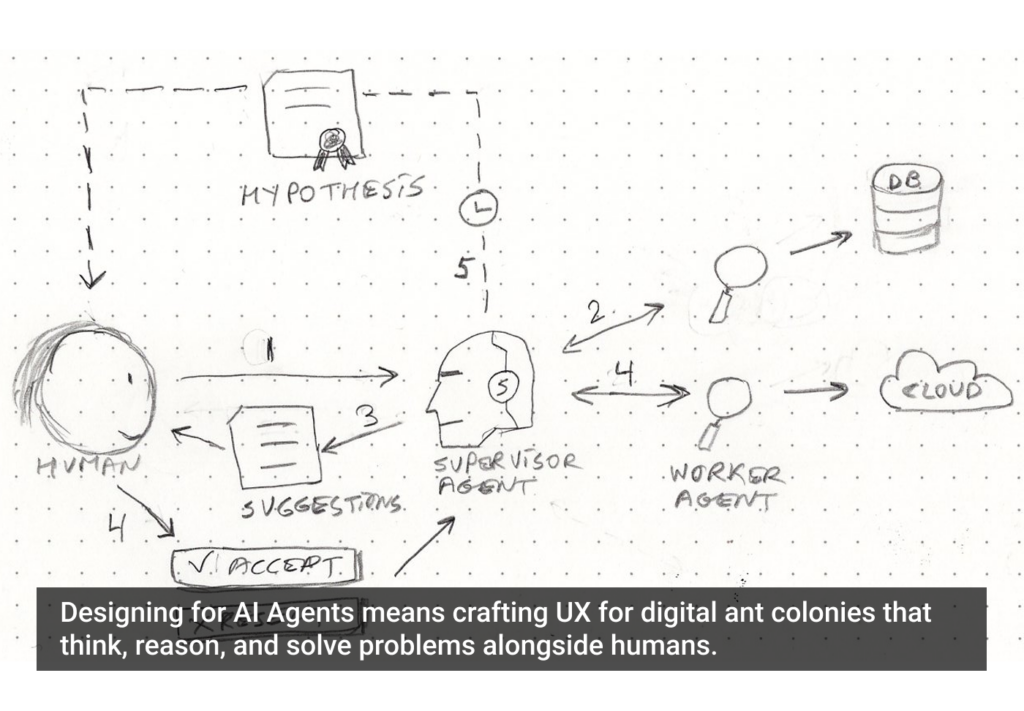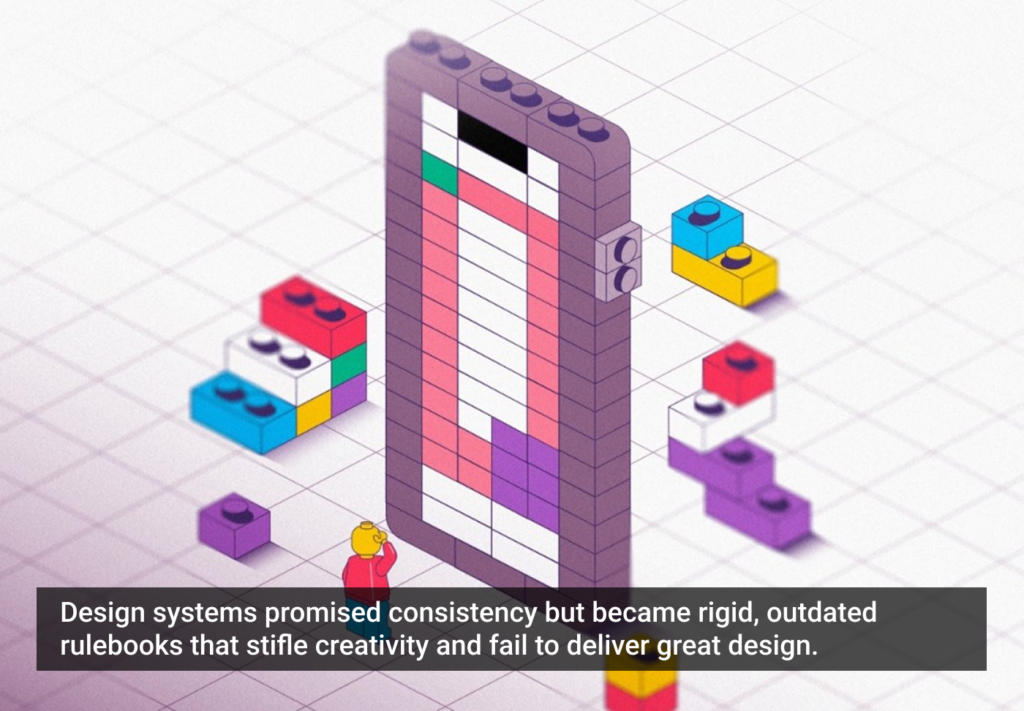Jonathan Anderson | UX Magazine
I am a tech-focused jack of all trades and the editor-in-chief of UX Magazine. I'm also the author of Effective UI: The Art of Building Great User Experience in Software, published by O'Reilly Media. Through its partnership with UX Magazine, I am also a senior advisor to Didus, a recruiting and career development company focused on user-centered professionals. As well, I'm engaged as the Managing Director, Product Strategy & Design for Dapperly, a fashion-oriented software product startup, and am the Principal of First Day, a small private equity and consulting company. From 2005 to 2009, I helped found EffectiveUI, a leading UX strategy, design, and development agency focused on web, desktop, and mobile systems.
I’ve been fortunate to participate in work that’s on the leading edge of user-centered strategy and design, customer experience, and software development. Everything is converging around an increased attention to the quality of user experiences, around web-enabled or web-like software, and around technologies that can create unified experiences across multiple platforms, devices, and applications. I’ve built on my experience at UX Magazine, EffectiveUI, and in writing my book to undertake a major project to find ways to make dramatic improvements to the user-centered field and to increase the perception of user-centered design, research, and technology as being core strategic values.
My work can be very hard to explain because what I do day-to-day is extremely varied since my role is usually to be a jack-of-all-trades. If I’m performing any one job function this week or month, it’s always in the broader context of fulfilling the needs of that business (whatever they might be) and in the even broader context of the private equity holding and management activities of First Day.
My primary value has been to be an adaptable, fearless, fast-learning manager of and versatile resource to a large number of small businesses, where I hold the line in diverse functions while the companies are too small to hire specialized professionals for any given part of their business. This means I’ve had my hands in almost every aspect of starting, growing, and managing a small business, including finance, accounting, legal, management, HR, marketing/brand, PR, IT, resource management, facilities, general operations, corporate governance, project management, product development, change management, and many others.







